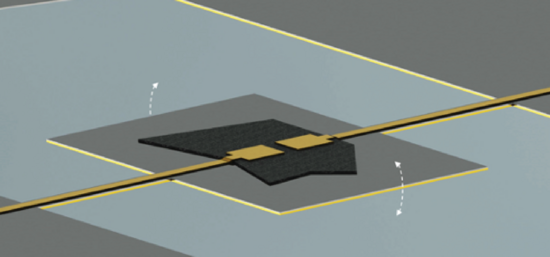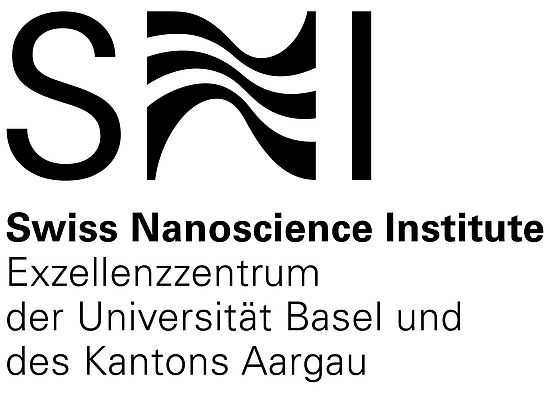
High-Sensitive Torque Magnetometry for 2D Materials
Progress in fabrication and development of nanomechanical resonators now allows measurement of mass, force, and torque with exquisite sensitivity.
Torque magnetometry is an established and highly sensitive technique for studying nanomagnets, correlated metals, and superconductors as it is a broadband technique, which is capable of measuring both magnetostatic effects and magnetization dynamics, including spin resonance and relaxation processes.
The sensitivity of the mechanical torque sensors can be improved by decreasing size and defect density, phonon engineering, properly designing the supports to optimally clamp the resonator.
This project aims at fabricating ultra-sensitive mechanical torque sensors and to design these sensors especially for the investigation of 2D materials – including 2D magnets and van der Waals heterostructures. In addition to being sensitive enough to measure ultrathin magnetic materials, our sensors will incorporate the possibility of making electrical contact to the sample, something which has been practically challenging in the most sensitive cantilever-based torque sensors.
The improved sensitivity of our planned torque sensors and the ability to integrate electrical leads and contacts to the sample will enable a whole series of experiments: e.g. detecting superconducting and magnetic phase transitions in 2D materials and vdW heterostructures. Our vision is to create and apply a new experimental platform for the investigation of magnetic and superconducting phase transitions in 2D systems.
Publications
Team Members
Collaborations
Funding

This project has received funding from the Swiss Nanoscience Institute PhD program (project No. 2107)



